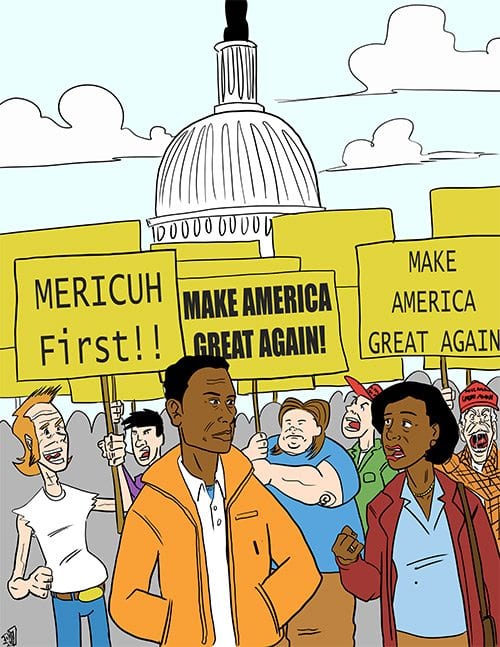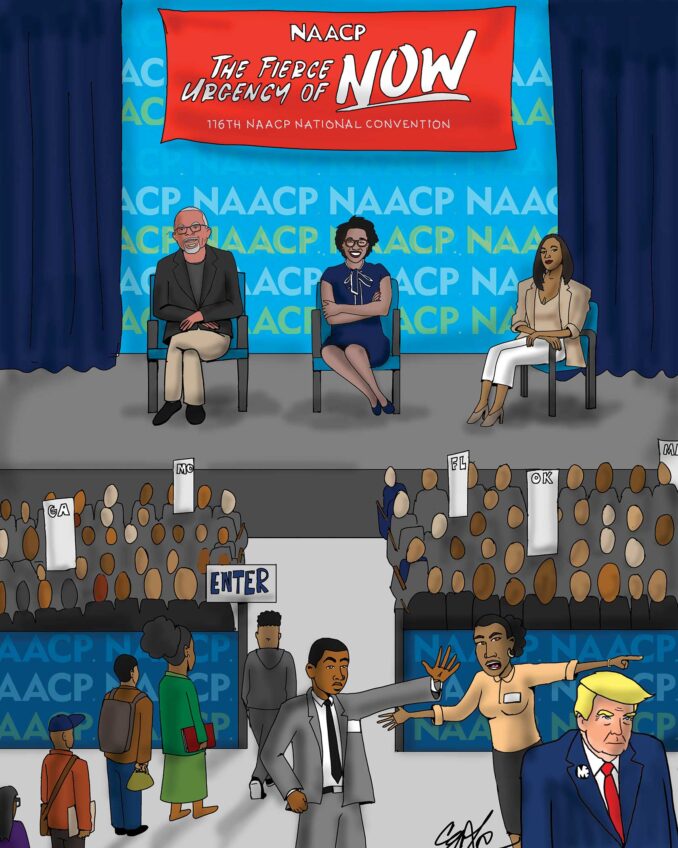
During World War II, a profound spirit of patriotism was pervasive. The whole nation was involved in the progress of the war. Young men were drafted and left home for basic military training. Stay-at-home moms went to work in the munitions factories. School-age children saved tin cans, newspaper and other material for the war effort. The rationing of gas and tires was severe enough to recall the use of horse-drawn wagons.
In highly publicized campaigns, citizens were asked to buy war bonds to finance the war. Even though the interest rate was only 2.9 percent, much less than the going rate for a 10-year bond, 85 million Americans, half the population, bought $185.7 billion dollars of bonds. Also, during the war the income tax rate was set at the highest in history. Income over $200,000 in 1944 (equivalent to $2.5 million today) was taxed at 94 percent. And there were excess profits taxes on corporations to prevent businesses from profiteering from the war.
Americans had no doubt that President Roosevelt exclusively represented the interests of American citizens. There were no private financial deals with foreign countries that could become adversaries. Indeed, that high standard of patriotism no longer is required of the current president’s administration.
What they call patriotism now is a pale reflection of the love for America that abounded in the 1940s.






